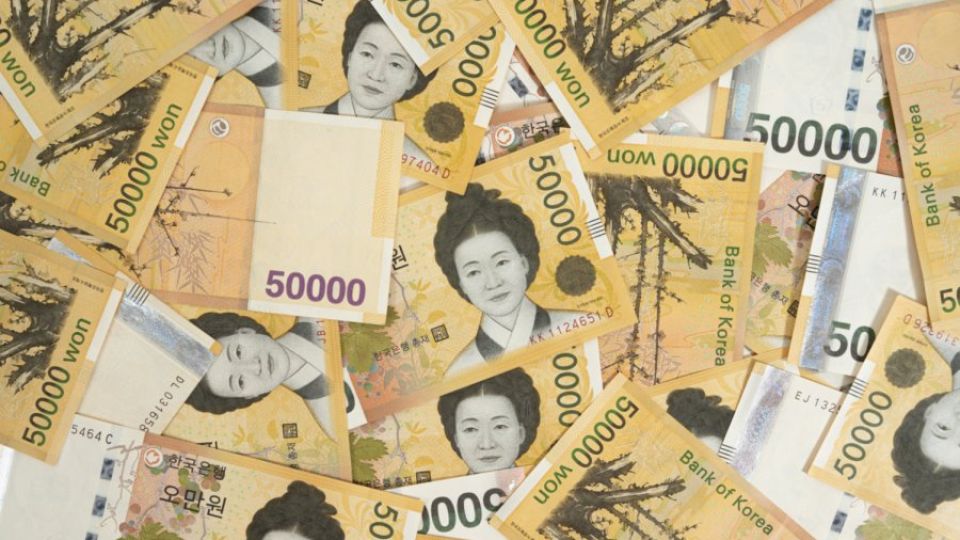April 10, 2023
SEOUL – Busan’s bid for the 2030 World Expo made big news this week as a delegation from the Bureau International des Expositions (BIE) visited South Korea to evaluate the Busan’s ability to hold the event successfully. The country has united behind Busan’s bid and hopes are high that the city will win the event.
Amid the enthusiasm for the Busan, two important questions remain. What does it mean for Busan? And what happens if the bid fails?
World Expos rank up with the Olympics or the World Cup as one of the biggest international events a city and country can host. Though World Expos lack the intense media coverage of sports events, they run for six months and attract millions of visitors. To date, World Expo 2010, held in Shanghai, holds the record for the most-attended World Expo in history with 73 million visitors and 192 countries participating. The Paris International, held in 1900, attracted 51 million visitors with 58 countries participating, making it one of the first global events in history. The Korean Empire built an impressive pavilion for that latter exhibition which attracted attention from visitors.
Hosting the 2030 World Expo would be a boon for Busan. Korea has hosted two other Expos, Daejeon in 1993 and Yeosu in 2012, but these were smaller recognized exhibitions that take place between larger, more important registered World Expos held every five years. Busan Mayor Park Heong-joon views the 2030 World Expo as a chance to boost Busan’s economy and raise its international profile.
The North Port near Busan Station will be redeveloped for the World Expo with other cultural facilities including an opera house. This marks the first major new development in the historical center of Busan. Since the 1990s, development has shifted east to Suyeong and Haeundae, sending the historical center of the city into decline. This pattern of declining historical centers and booming new towns repeats itself in most Korean cities, but the difference between the two is arguably starkest in Busan.
To make the most of the Expo, Busan will need to develop a strategy to revive its declining historical center. This means bringing people and investment to areas with many empty houses and rapidly shrinking populations. It means bringing new businesses to commercial areas. A city’s vibrancy depends on people and commerce, so the important question is how will the World Expo contribute to that over the long term?
Busan is competing against three other cities: Rome, Riyadh and Odesa. Each is a strong competitor but for different reasons. Of the four cities, Rome has by far the highest profile and cultural draw. Riyadh is the booming capital of Saudi Arabia, which has plentiful financial resources to invest in infrastructure. Odesa, Ukraine’s major port city, is rich in culture; choosing it would send a powerful message of solidarity with Ukraine in resisting the Russian invasion.
Each of Busan’s competitors also has weaknesses. Rome is famous for poor public services and an abundance of pickpockets. Though Saudi Arabia has made push to develop tourism like other Persian Gulf hubs like Dubai or Qatar, it remains a very conservative society with an absolute monarchy. As long as the Russo-Ukrainian War continues, Odesa remains vulnerable to attack.
In comparing the four candidates, Busan is the most solid, reliable choice because of South Korea’s reputation for efficiency, infrastructure and public safety. It suffers from one major disadvantage: the World Expo 2025 in Osaka, Japan. Like the Olympics, World Expos move from continent to continent, making Busan a hard sell for the first Expo after Osaka. Riyadh and Rome also face similar headwinds because of the Expo 2020 in Dubai and Expo 2015 in Milan.
Of the four, the two European cities — Odesa and Rome — have the edge in timing because Expo 2030 will occur fifteen years after Milan. Of the two, Rome is clearly the safest choice, but Odesa was a strong competitor before the war broke out in February 2022. No registered World Expo has ever been held in Eastern Europe.
The problem for Odesa, of course, is the ongoing war. Nobody knows when or how it will end, but few expect it to continue until 2030 and few expect it to mean the demise of Ukraine. By 2030, Odesa will most likely find itself as one of the many faces of a recovering and increasingly dynamic Ukraine. This prospect, however idealistic, makes Odesa the unlikely front-runner. If so, then Busan’s bid will fail but, World Expo or not, the city must focus intently on arresting the decline of its older half.
Robert J. Fouser, a former associate professor of Korean language education at Seoul National University, writes on Korea from Providence, Rhode Island. He can be reached at robertjfouser@gmail.com. — Ed.


